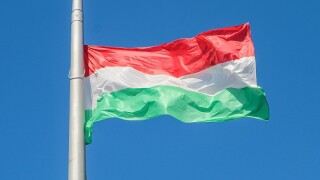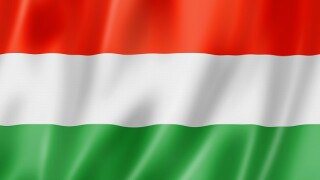Hungary
-
Hungary has no plans to issue wholesale bonds in foreign currency markets next year, having raised more debt than expected in euros and yen in 2020.
-
After a decade of slumber, the market for euro-denominated Hungarian covered bonds could be poised to reopen. Hungary covered bonds may have a low country ceiling credit rating but the market is well protected and could offer positive yields.
-
The Russian Federation and the Republic of Hungary brought euro-denominated trades on Thursday, taking the opportunity to get funding done during good conditions in the run-up to the US Thanksgiving holiday, after which liquidity is expected to dry up.
-
Hungarian oil and gas company Mol on Thursday raised a seven year bond in euros.
-
Two CEEMEA issuers, Egypt and Hungary's Mol, are in the market this week to raise funding. According to experts, issuers are eager to get their funding in before expected geopolitical and coronavirus-related volatility impacts markets.
-
The European Union has passed the penultimate hurdle delaying its €100bn Support to mitigate Unemployment Risk in an Emergency (SURE) programme, all but clearing the way for issuance to begin. But one country’s request for funds has not yet been granted.
-
Hungary returned to the Samurai market after a two year absence on Friday to sell the first ever sovereign green bond in the market, which formed part of its ¥62.7bn (€500m) four tranche deal, which the sovereign used to extend its debt curve while also introducing a new investor base to the credit.
-
The coming months are crucial in determining how ambitious the European Union will be in decarbonising its economy to fight climate change over the next decade.
-
State-owned Hungarian Development Bank (HDB) on Wednesday launched a euro-denominated benchmark bond. The bond marks the third entry into the market by the Hungarian sovereign or one of its entities during the coronavirus pandemic.
-
The Republic of Hungary won a €7.25bn order book on its debut in green bond markets on Tuesday, printing a €1.5bn trade.
-
The Republic of Hungary made a swift return to bond markets on Tuesday, selling its debut green bond deal just over a month after a €2bn dual tranche trade.
-
The Republic of Hungary made a jumbo return to euro markets on Thursday with its first hard currency trade since 2018. Bankers expect more trades from both the sovereign and its neighbours.







